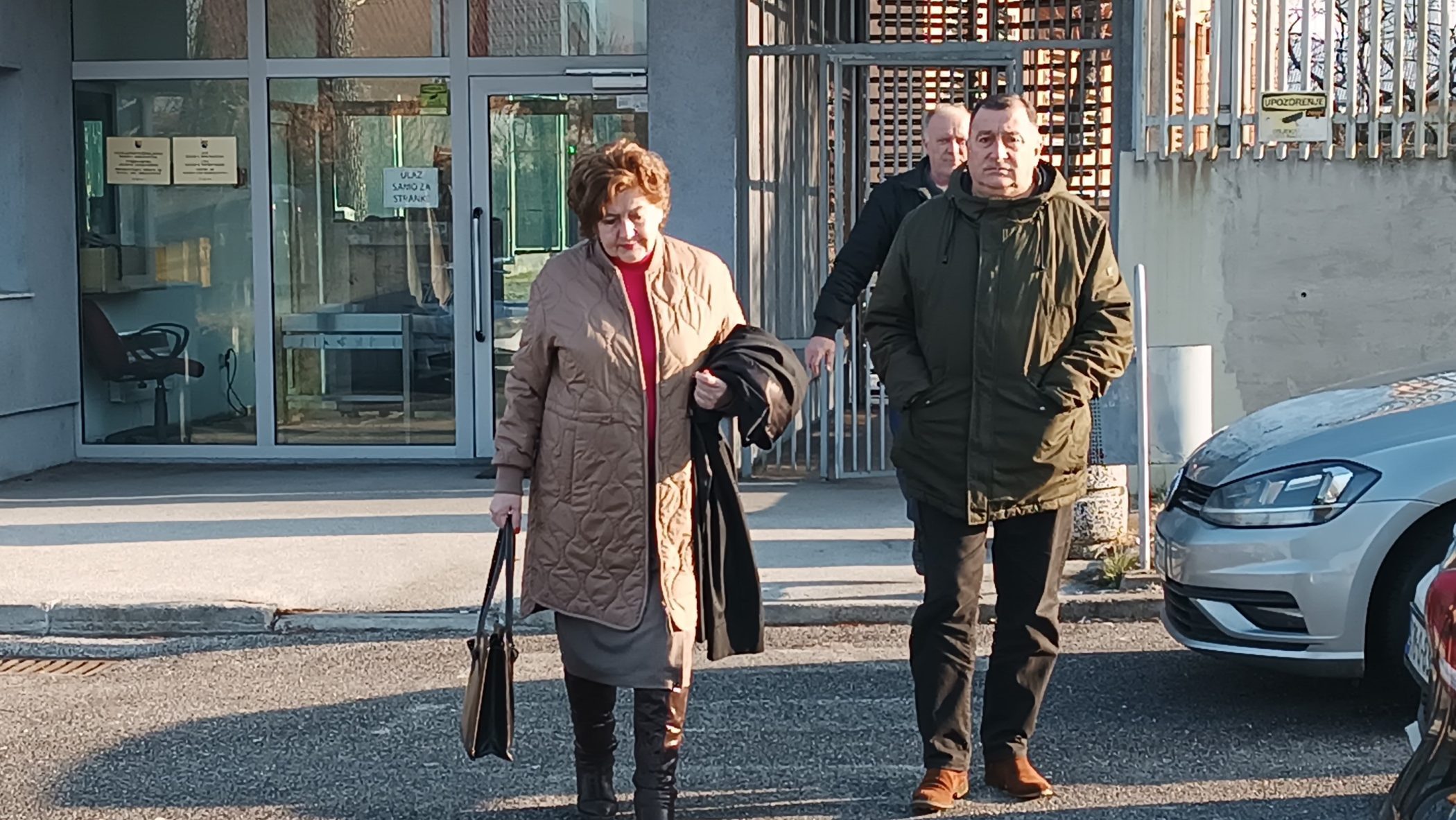This post is also available in: Bosnian
“I found out that Suljo had killed Kolac, because people would quickly spread the news on some good actions in those days. (…) I heard many stories about Suljo, but some of them proved to be wrong, so I did not pay much attention to them,” Celenka said.
Suljo Karajic, former Commander of the Second Squad with the Military Police of the 505th Motorized Cavalry Brigade with the Fifth Corps of the Army of Bosnia and Herzegovina, is charged with war crimes against civilians and prisoners-of-war committed in the Bihac District from August 1994 to February 1995.
The indictment alleges that indictee Karajic killed Amir Karajic, known as Kolac, a former member of the National Defence of the Western Bosnia Autonomous Region, NF WBAR, in front of “Radoc” hotel in Buzim on August 4, 1994.
Witness Celenka said that it was not Karajic, as stated by the Prosecution, but a person named Sera Safin, who killed a member of the ND WBAR in Vrnograc village.
“Sera grabbed the man by his neck and took him out of the police station. A short time later I heard someone saying: ‘Stop’ and then I heard shooting. Sera told me that the man had tried to run away so he had shot him,” Celenka explained.
The Prosecution claims that, on December 6, 1994, indictee Karajic and other members of the Military Police Squad, who were his subordinates, took a captured member of the ND WBAR from the Detention Unit of the Police Station in Vrnograc and, after having examined him briefly, shot him.
This witness said that he spent some time in Todorovska Slapnica, but he did not see Karajic there, although other people told him he used to come to the village.
“There was a school in Todorovska Slapnica. Part of the school building was used as a prison or detention unit. At the time I joined a group, which was not an official military unit, but we used to capture deserters. Those people were kept in the school building. Many of them were beaten up. The situation was weird, difficult and tense at the time. When I think about it now, detaining those people was not correct, but it was necessary at the time,” Celenka said.
The indictment alleges that in December 1994 Karajic detained and ordered members of the Military Police Squad, who were subordinate to him, to detain civilians who supported the Western Bosnia Autonomy, in the primary school building in Todorovska Slapnica village.
The Autonomous Region of Western Bosnia and its National Defence were established by Fikret Abdic in September 1993. This was contrary to the Constitution of the Republic of Bosnia and Herzegovina. In 2005 Abdic was found guilty, before a Croatian court, of crimes committed between 1993 and 1995. He was sentenced to 15 years in prison.
Celenka said that he was member of various units during the war. These included, among others, the Second Military Police Squad with the 505th Cavalry Brigade of the Army of Bosnia and Herzegovina. He said he did not have a personal military card to prove this.
“I have not made a unified record of my military service, but I was registered as a soldier with various brigades. I did not register myself, because I took part in the war for my own pleasure. It was not something I would like to be paid for. (…) My fight for Bosnia and Herzegovina was my pleasure, not my obligation,” the witness explained.
The trial is due to continue on November 12, when a status conference will be held, at which the Trial Chamber will announce whether it will present court’s evidence during the course of this trial.


